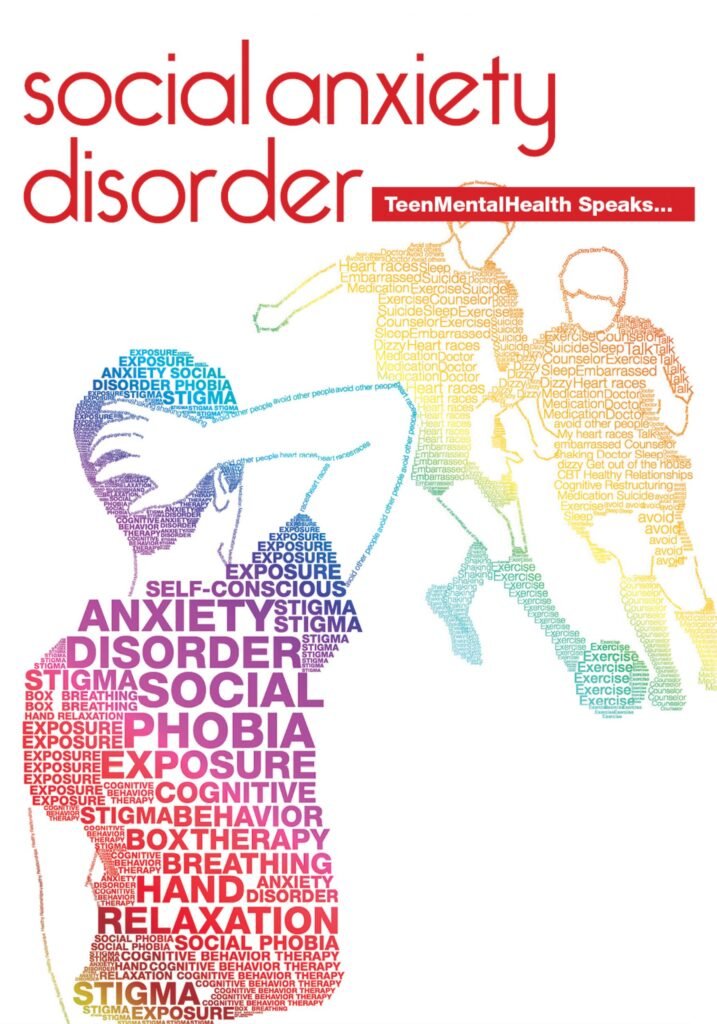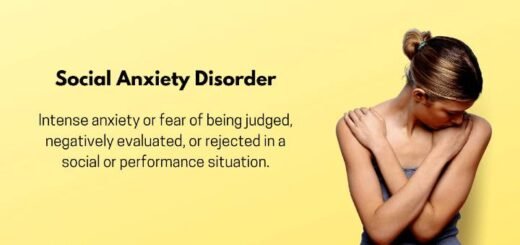The role of sleep in managing social phobia
Sleep is critical for our overall health and well-being, but it plays an especially important role in managing our mental health. For people with social anxiety disorder (SAD), getting enough quality sleep is essential for managing their condition.
There are a number of ways that sleep can help people with SAD. First, sleep helps to reduce stress and anxiety levels. When we’re well-rested, we’re better able to cope with the challenges of daily life. This is especially important for people with SAD, who often experience high levels of anxiety.
Second, sleep helps to improve our mood and energy levels. When we’re tired, we’re more likely to feel down and irritable. Getting enough sleep can help us to maintain a positive outlook and the energy we need to engage in activities we enjoy.
Third, sleep helps to boost our immune system. This is important for people with SAD, who are at increased risk for developing health problems due to their high levels of stress and anxiety.
Finally, sleep is important for memory and learning. When we’re well-rested, we’re better able to remember information and learn new skills. This is especially important for people with SAD, who may need to relearn how to socialize and interact with others.
Getting enough quality sleep is essential for managing social anxiety disorder. By reducing stress and anxiety levels, improving mood and energy levels, boosting the immune system, and improving memory and learning, sleep plays a vital role in helping people with SAD live happy and healthy lives.













